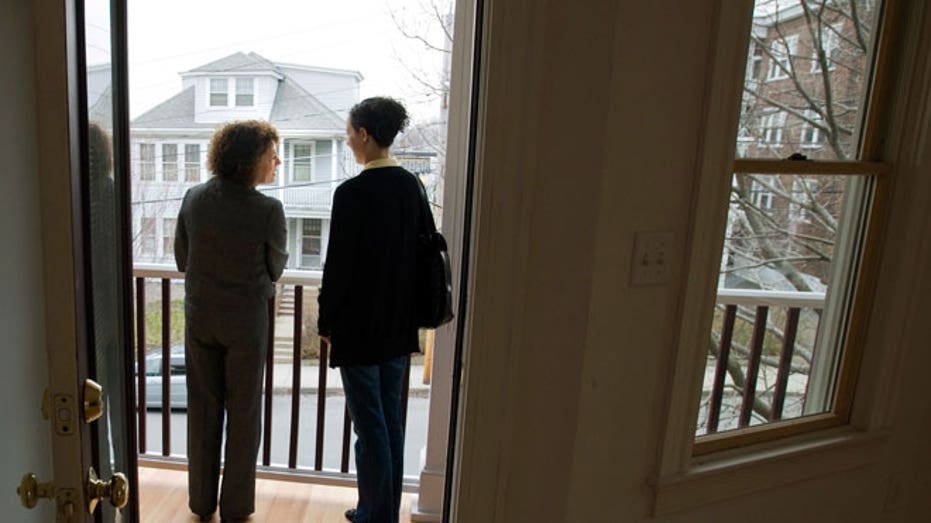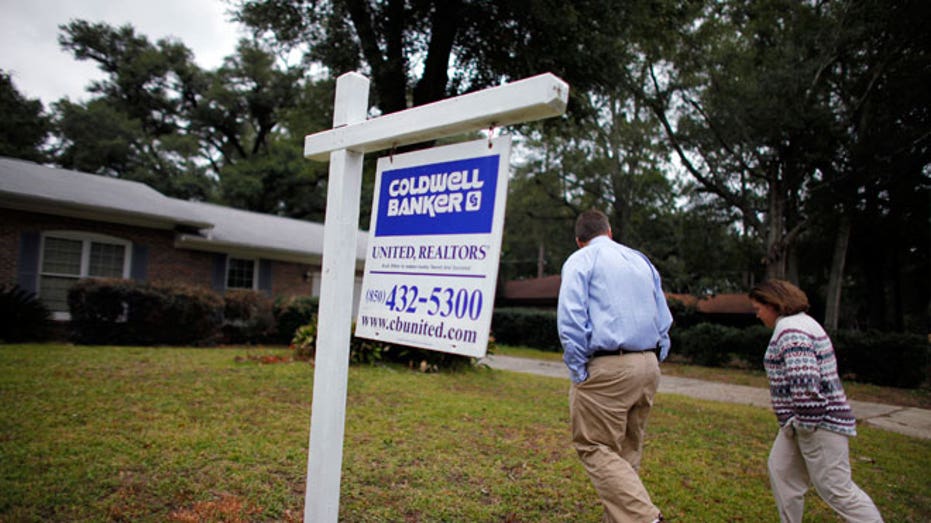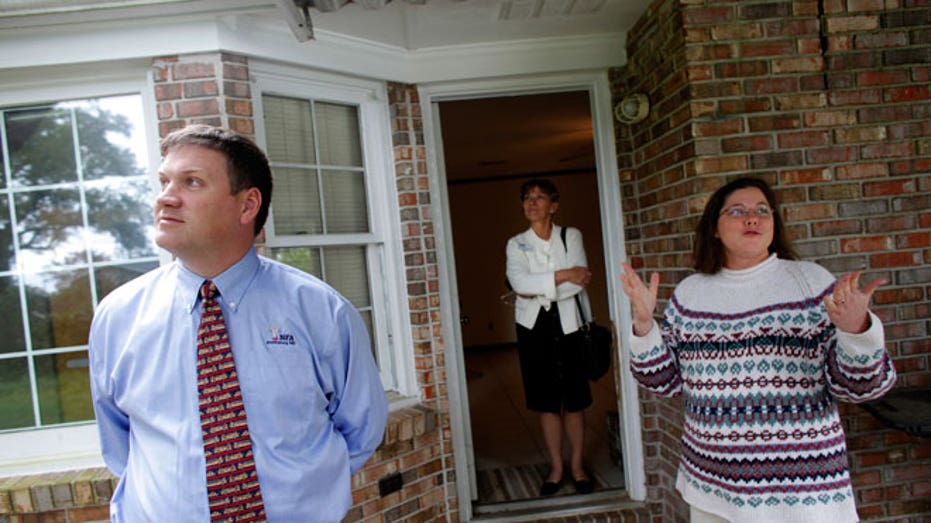Attention Sellers, Here’s How You’re Hurting Your Sale Prospects
When it comes to getting the best price on their home in a short amount of time, sometimes sellers can be their own worst enemy.
“It’s a common occurrence where a seller says something that kills the deal or discourages the buyers from moving forward,” says Pej Barlavi, owner of Barlavi Realty in New York City.
From divulging too much information to unwittingly making their home less attractive, real estate professionals divulge common mistakes sellers make:
1. Bashing the Neighbors

Nobody wants to live next door or across the street from a nosy or annoying neighbor, mum’s the word when it comes to talking bad about the neighborhood.
Sam Russell of Better Homes and Gardens Real Estate Metro Brokers in Atlanta says he had one seller tell a prospective buyer “the neighbor across the street will bug you to death.” He says the potential of having bad neighbors is a major turn off.
“Even the thought of a difficult neighbor, an excessive smoker, loud music or a couple that always fights, is a red flag and a sure way to lose the perspective deal,” says Barlavi.
2. Restricting the Hours for a Showing

When a home is put on the market, it should be made readily available.
In some cases, buyers are pressed for time or can only see a house during specific hours, and sellers need to be accommodating, experts warn.
“These types of buyers are serious and will not schedule around a seller's timetable,” says Brad Officer, a real estate agent in Jacksonville, Fla. www.BradOfficer.com. “It's either for sale and available, or they move on.”
3. Setting Unrealistic Deal Requirements

Experts say it’s still a seller’s market, but there are limits to what they can demand.
Sometimes sellers set strange requests when it comes to selling a home that can result in a deal falling through or a never being offered in the first place. For instance, Regina Crothers with Better Homes and Gardens Real Estate Metro Brokers, recalls one instance when the sellers would only sell to a buyer that had been pre-approved by a lender of their choice.
Refusing to negotiate on a home’s price--even if it’s listed higher than the market is dictating--can lead to a home languishing on the market.
“A seller's refusal to negotiate on price when the market price is lower than the seller's asking price is usually the sign of an out of touch seller,” says Officer. “Most agents, including the listing agent, will eventually move on.”
4. Revealing too Much

Homeowners can easily kill or reduce a deal simply by saying too much.
It’s common for buyers to ask why an owner is moving, but giving too much detail can lower or completely eliminate a potential offer. For instance, sellers that disclose they have to move in a month lose a lot of their leverage.
Barlavi says he once had a seller tell a potential buyer that the home was broken into and robbed and the family was moving because it no longer felt safe.
“Although this was a great neighborhood they lived in, this was an automatic red flag and had my buyers saying, ‘on to the next, please’,” he says.



















